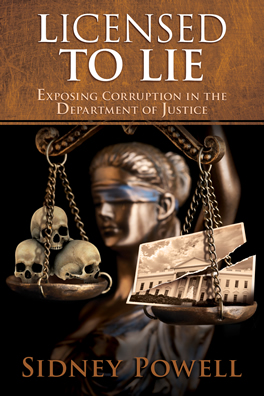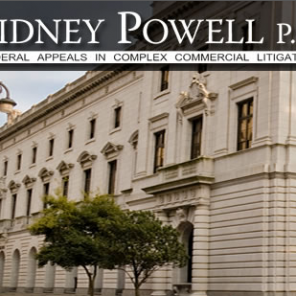Kozinski Blisters Prosecution For Unconstitutional Silence
“We all have a stake in ensuring that our criminal justice system reliably separates the guilty from the innocent. Letting police get away with manufacturing confessions or planting evidence not only risks convicting the innocent but helps the guilty avoid detection and strike again.” Kozinski (pictured below), concurring with his panel opinion.
Writing for the panel and even more in his own concurrence, Ninth Circuit Chief Judge Alex Kozinski blisters the Phoenix police detective who interrogated the defendant, and the Arizona prosecutors and trial judge who misapprehended the constitutional requirement to provide exculpatory and impeachment evidence to the defense. Ms. Milke was denied her constitutional right to extensive evidence of her lone interrogator’s history of lying, abuse of power, and other judicial findings of the police officer’s similar misconduct and disregard of constitutional rights.
The Ninth Circuit ordered the release of the defendant who has been incarcerated under a death sentence for 22 years and set clear procedures and time limits for how the county and the court below must proceed.
Multiple state and federal courts had ignored, blown off or rationalized their various rejections of the defendant’s claims until the case worked its way to Judges Kozinski, Farris and Bea. The thorough and well-written opinion reveals shocking misconduct by the Arizona police, and egregious failures by Arizona’s Maricopa county attorney’s office and every judge who touched the case previously. The Panel’s rigorous review and intellectual integrity is exemplary and provides hope for the change needed in our judiciary and its review of these issues on which the very foundation of justice rests.
The panel ordered REAL relief:
“Milke is entitled to habeas relief. We therefore
REVERSE the decision of the district court and REMAND
with instructions to GRANT a conditional writ of habeas
corpus setting aside her convictions and sentences.
Prior to issuing the writ, the district court shall order the state to
provide Milke’s counsel with Saldate’s police personnel
records covering all of his years of service, including records
pertaining to any disciplinary or Internal Affairs
investigations and records pertaining to performance
evaluations. If the state believes that any of the materials it
is ordered to provide are not relevant to Brady or Giglio, it
may present them to the district court in camera, and the
district court shall review them to determine whether they are
relevant to Brady or Giglio, as explicated in our opinion.”
Wisely, the panel actually makes sure that DEFENSE COUNSEL can SEE the documents.
“Defense counsel shall be allowed to see the documents and to
argue why each might be Brady or Giglio material. The
district court may, in its discretion, enter a protective order
requiring all contested documents to be filed under seal and
to be designated “For Attorneys’ Eyes Only,” and setting
such other conditions as the district court finds necessary and
proper, while the district court decides whether the contested
materials are relevant to Brady or Giglio.
After the state has turned over these records, it shall
provide a statement under oath from a relevant police official
certifying that all of the records have been disclosed and none
has been omitted, lost or destroyed. If a relevant police
official is unable or unwilling to provide such a certification,
the district court shall hold an evidentiary hearing to
determine whether any records have not been produced, and,
if so, why. Petitioner’s counsel shall be given a reasonable
period of discovery prior to the hearing. This panel retains
jurisdiction over any appeal arising from this remand.
Upon production of the certification described above or
the conclusion of the evidentiary hearing, the district court
shall order Milke released unless the state notifies the court
within 30 days that it intends to retry Milke, and actually
commences Milke’s retrial within 90 days.”
Then the Panel tries to get others to pay attention to the problem!
“The clerk of our court shall send copies of this opinion to
the United States Attorney for the District of Arizona and to
the Assistant United States Attorney General of the Civil
Rights Division, for possible investigation into whether
Saldate’s conduct, and that of his supervisors and other state
and local officials, amounts to a pattern of violating the
federally protected rights of Arizona residents.”
See Above the Law for a great blog post on the Milke v Ryan Opinion .












Comments are closed.